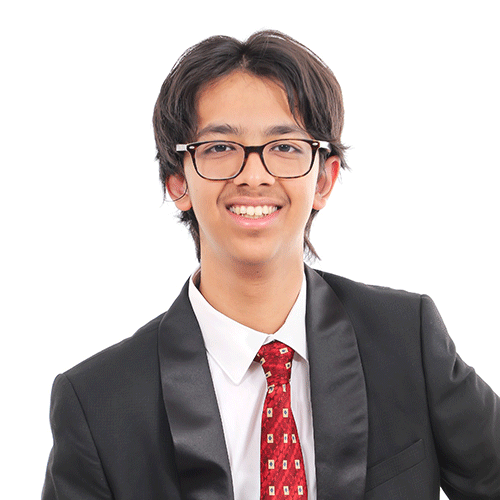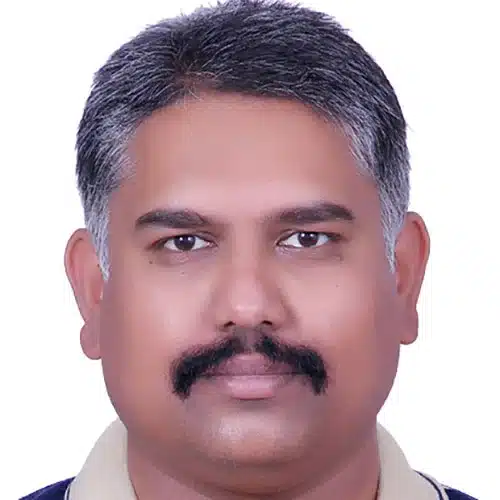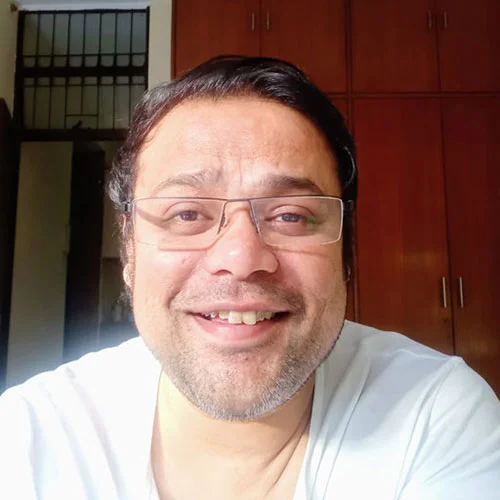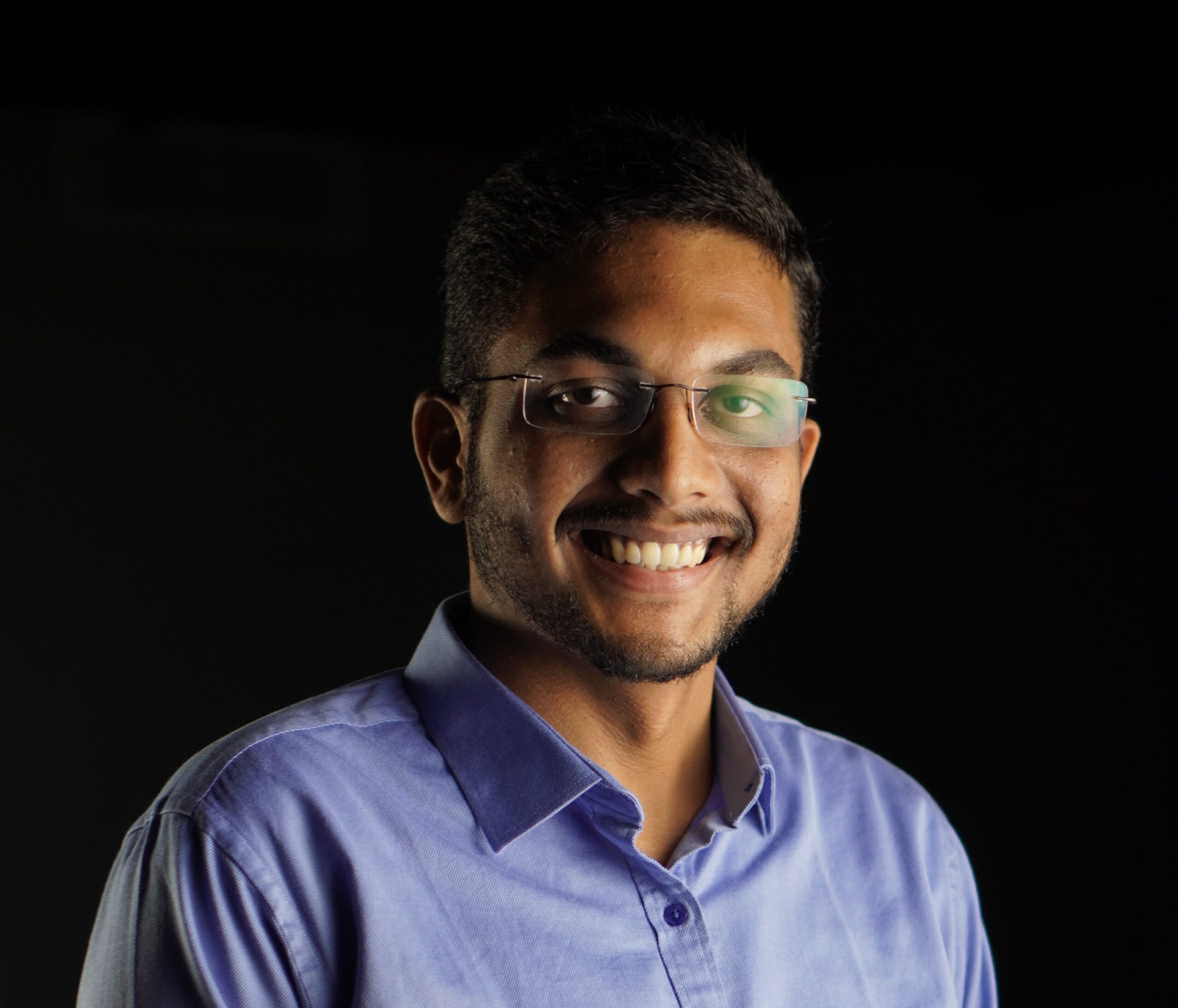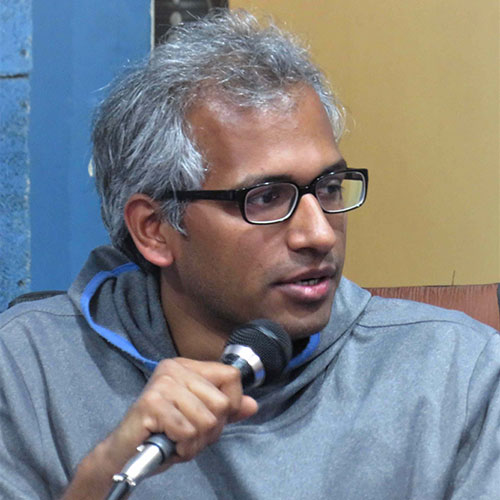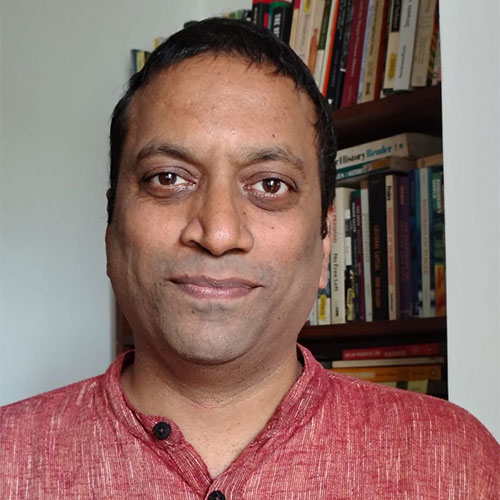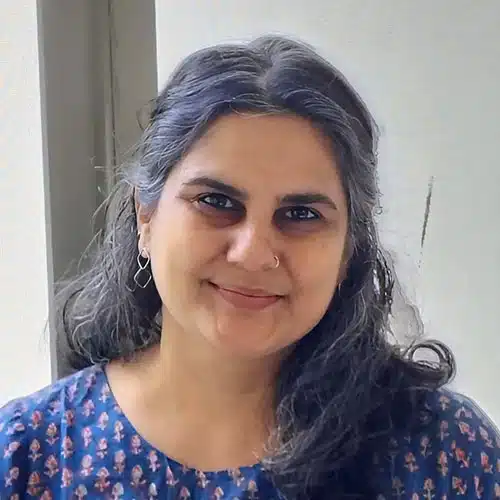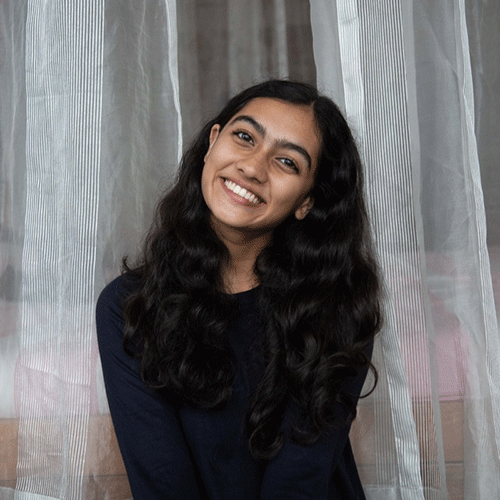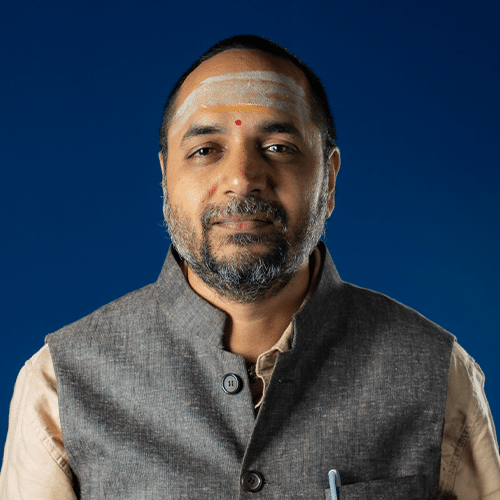Dr Chirag Dhara, Assistant Professor, Environmental Studies, SIAS has co-authored a paper titled Interpreting Climate Performance Indices: Implications for Equitable and Effective Policy published in Climate Policy Journal. Among the co-authors are Ishita Bagri, an SIAS Alum. They propose a novel framework to classify indices based on methodological framework and embedded normative choices, contextualising their outcomes and enhancing transparency of what the index truly measures.
Chirag Dhara, Anshuman Gupta, Ishita Bagri, Sebastián Block, and Kamal Kumar Murari (2025). “Interpreting Climate Performance Indices: Implications for Equitable and Effective Policy.” Climate Policy, 1–14.
Read more
